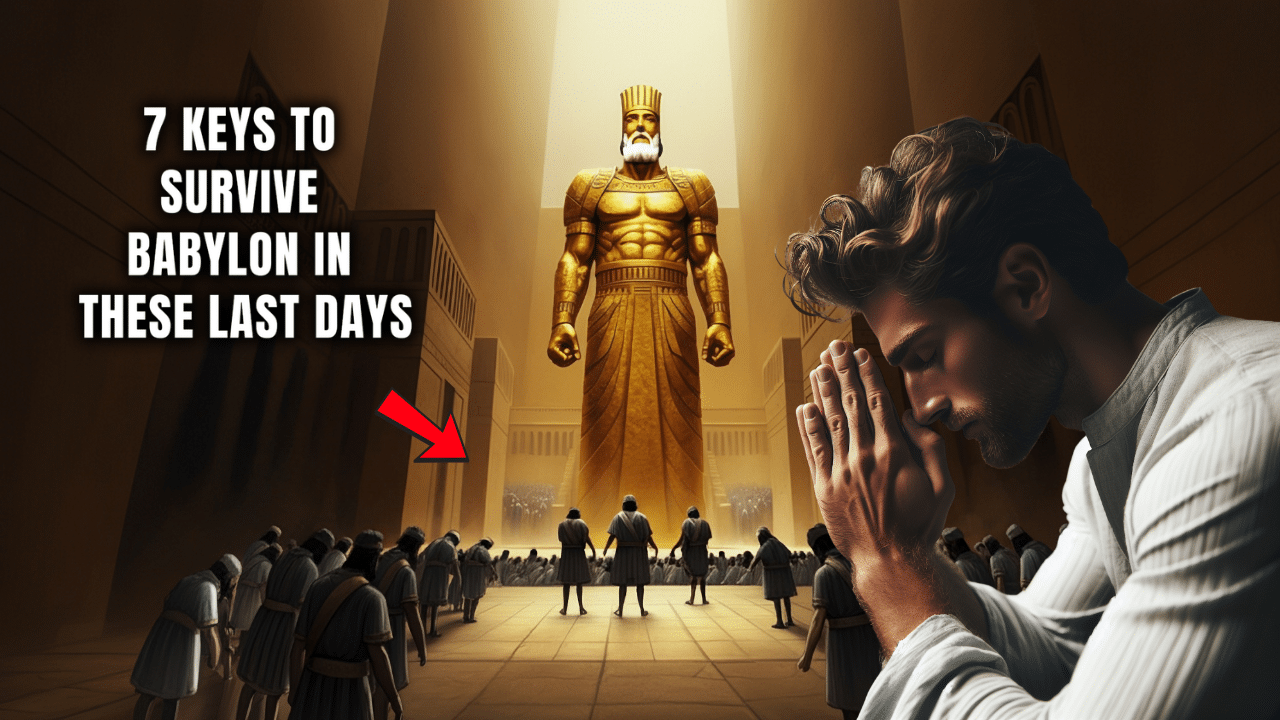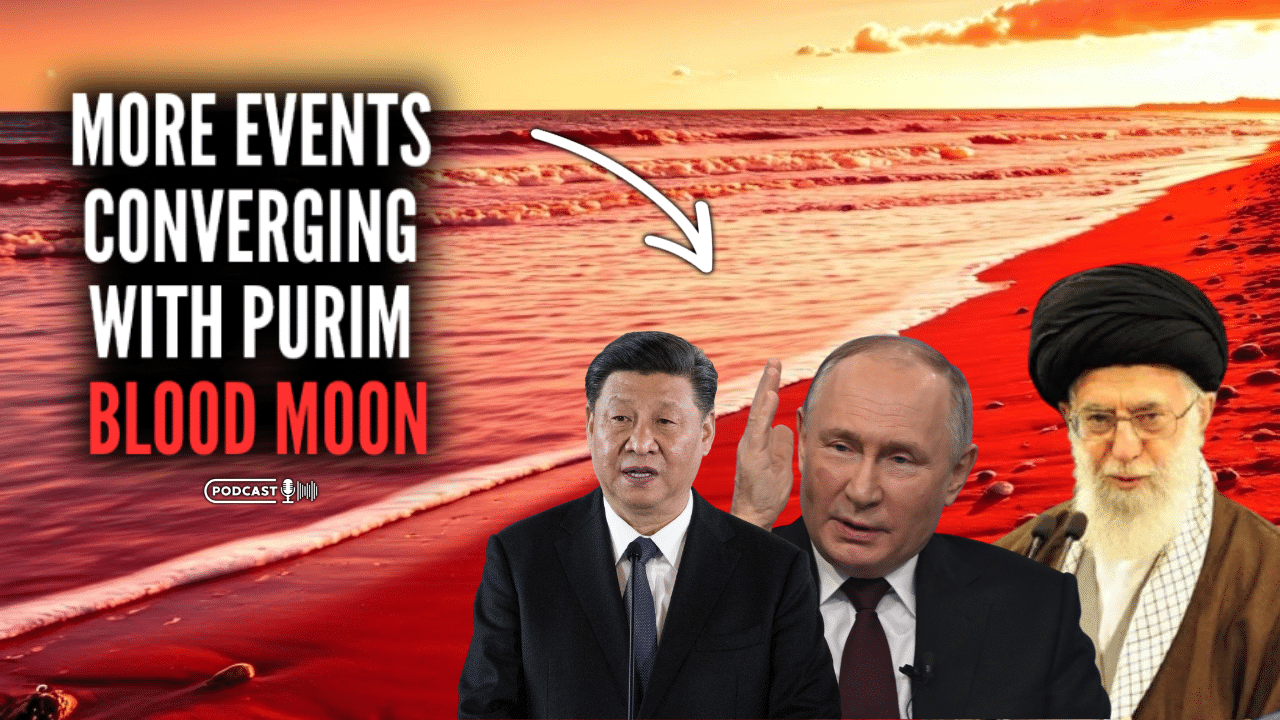As the Syrian conflict enters a new phase following the fall of President Bashar al-Assad in December 2024, two of President Donald Trump’s key Middle East allies—Israel and Turkey—are increasingly at odds, threatening to destabilize the region further.
Mainstream news outlets, including Newsweek, The New York Times, and AP News, have highlighted the escalating tensions between these U.S. allies as they pursue divergent interests in the power vacuum left by Assad’s ouster.
This rivalry could complicate Trump’s foreign policy office in 2025. Israel has capitalized on Syria’s post-Assad chaos to strengthen its security buffer along its northeastern border.
According to a March 5, 2025, Newsweek article titled “Trump’s Top Two Middle East Allies Are on a Collision Course in Syria,” Israel has seized additional territory beyond the Golan Heights, which it has occupied since 1967, and intensified airstrikes on Syrian military targets.
The Israel Defense Forces (IDF) have also sought to build ties with local Druze and Kurdish communities, aiming to counter potential threats from Islamist factions now in power in Damascus.
Israeli Defense Minister Israel Katz has vowed to protect the Druze from what he called an “extremist Islamist terror regime,” a stance that has fueled Syrian protests demanding Israel’s withdrawal.
The New York Times, in a December 10, 2024, piece titled “Trump’s Record on Syria: Airstrikes and Troop Moves in a Land of ‘Sand and Death,’” noted that Israel’s actions reflect a broader strategy to exploit Syria’s instability.
With Iran and Russia—Assad’s former backers—weakened in the region, Israel sees an opportunity to cement its dominance.
However, these moves have drawn sharp rebukes from Turkey, which views Israel’s expansion as a threat to Syrian sovereignty and its own influence.
Turkey, a NATO ally and a significant player in Syria’s north, has pursued its own agenda by deepening ties with the Islamist-led rebel coalition, Hayat Tahrir al-Sham (HTS), which toppled Assad.
Newsweek reported that Turkey maintains military bases in northern Syria and is leveraging its relationships with opposition factions to assert control in the absence of Assad’s allies.
Turkish President Recep Tayyip Erdogan warned on March 3, 2025, against “those seeking to benefit from Syria’s instability,” a clear jab at Israel, vowing that Turkey “will not allow them to divide Syria as they imagine.”
This stance aligns with Turkey’s long-standing goal of countering Kurdish autonomy in northeastern Syria, where the U.S.-backed Syrian Democratic Forces (SDF) hold sway.
AP News, in an October 8, 2019, article titled “Trump defends decision to abandon Kurdish allies in Syria,” recalled how Trump’s earlier withdrawal of U.S. troops from northern Syria emboldened Turkey to attack the Kurds—a precedent that continues to shape Ankara’s policies.
Turkey considers the SDF a terrorist group linked to the Kurdistan Workers’ Party (PKK), and its current maneuvers suggest a readiness to confront any power, including Israel, that bolsters Kurdish influence.
Israel and Turkey’s diverging interests have placed them on a collision course, with Syria as the battleground.
Newsweek’s March 5 report warned of a possible “small-scale military confrontation” between the two, citing expert opinions that neither side is fully committed to all-out war but that miscalculations could escalate tensions.
Israel’s airstrikes following Erdogan’s warning underscore the fragility of the situation.
For Trump, who has historically framed Israel and Turkey as vital allies, this rivalry poses a dilemma.
During his first term, as detailed in a 2019 New York Times article, “Trump Throws Middle East Policy Into Turmoil Over Syria,” he faced criticism for greenlighting a Turkish offensive against the Kurds, a move that strained U.S. credibility.
Now, with Israel and Turkey clashing over Syria’s future, Trump’s “America First” approach—echoed in his December 7, 2024, Al Jazeera-reported statement that the U.S. “should have nothing to do” with Syria—may face pressure from both allies to intervene or mediate.
Analysts quoted in Newsweek suggest that the United States, as a mutual ally, could play a critical role in de-escalating the conflict.
Bassam Barabandi, a former Syrian diplomat, argued that Washington should broker an understanding between Syria’s new leadership and Israel to avoid further chaos.
However, Trump’s reluctance to engage, coupled with his incoming administration’s focus on Iran hawks and Israel supporters like Tulsi Gabbard, nominated as director of national intelligence, may limit U.S. willingness to step in.
As of March 8, 2025, the situation remains fluid. Israel’s territorial gains and Turkey’s consolidation of influence signal a deepening divide that could test Trump’s Middle East strategy from day one.
With mainstream sources like Newsweek, The New York Times, and AP News documenting the stakes, the collision course between these allies underscores the challenges of navigating a region in upheaval.
Whether Trump opts for disengagement or mediation, the outcome will shape U.S. standing in the Middle East for years to come.










